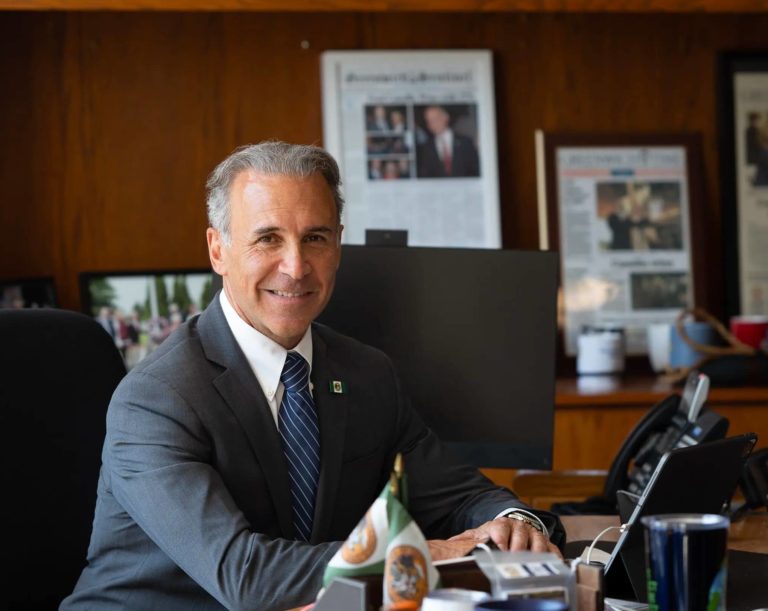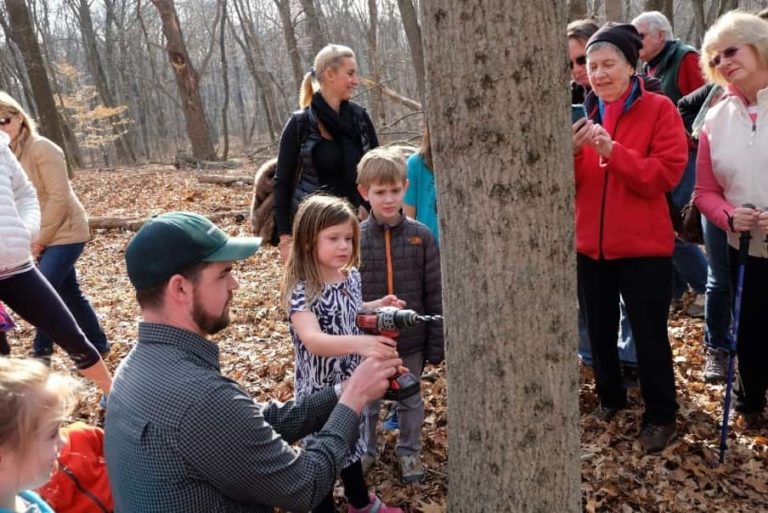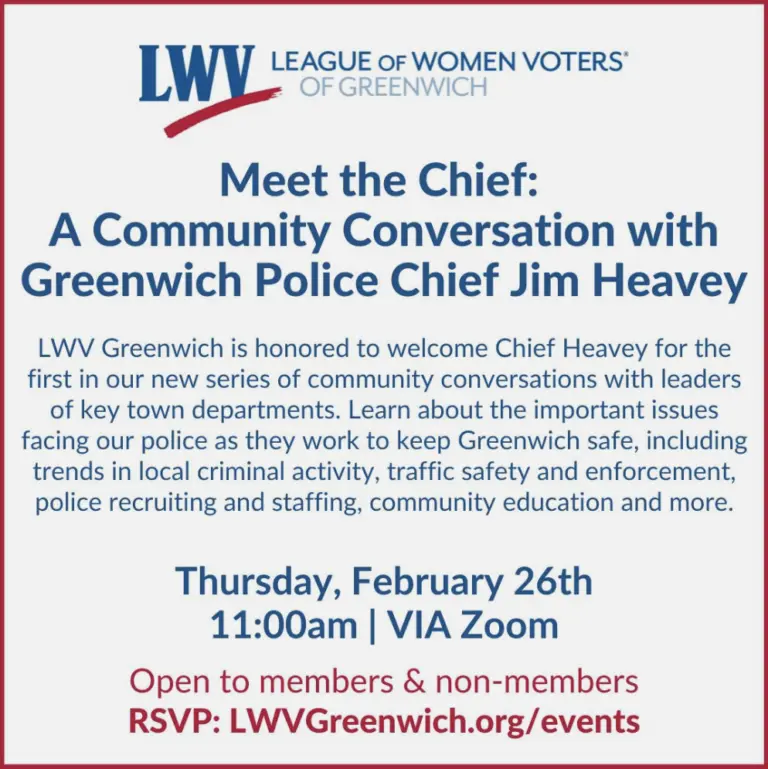By Edward Horstmann
My Sunday School class at Mariaville Presbyterian Church in upstate New York, met in a corner of the church basement. Four of my classmates were the sons and daughters of the pastor, Kalman Sulyok, and Catherine, his wife. Mrs. Sulyok taught the church school and gave us our first experience of singing in a choir. Following Sunday School, I would head upstairs to the sanctuary and participate in the service of worship with Paul, one of the Sulyok’s sons, who was also my best friend.
I cannot remember a single lesson from those Sunday School classes. We must have learned stories from the Bible and done the crafts that church school children do. But that’s all lost on me now. It is also true that I cannot remember a single story or lesson from any of Pastor Sulyok’s sermons. When my family and I moved from Mariaville, we lost contact with the Sulyok’s, and when I returned some years later to visit my hometown, the church had been torn down.
At a time when we’re encouraged to consider the legacy we’d like to leave behind, it may not seem that Mariaville Presbyterian Church left much of a legacy with me. But that is nowhere close to the truth. In that same basement where I was forgetting the stories of Jesus as quickly as I was learning them, Mrs. Sulyok gathered us after school on one day each week for choir practice. We learned religious music (my great love for the hymn, “Angels We Have Heard on High” was born there) but mostly we learned protest songs that were popular during the Civil Rights movement. The music and lyrics to “Blowin’ in the Wind,” and “If I Had a Hammer” sparked in me an awareness that faith was for transforming the world into a place of kindness, generosity and equality. The music I learned from Mrs. Sulyok lives on in me, an inner river of inspiration that has never run dry.
While I may not remember what Pastor Sulyok said from the pulpit, I do recall that he gave me a chance to find my own voice about matters of faith. On one occasion, when the congregation gathered for a Saturday night supper, he invited me, without warning, to share some of my thoughts with those who were gathered. When I ate dinner with Paul and his family in their home, he would ask me to offer a prayer before we ate. For all his educational background (he had a doctorate from Princeton) he helped me to understand that a special kind of education is not a prerequisite for talking with God. Prayers can be as lean as haiku, and as raw and honest as we have it in us to make them. The act of praying teaches us how to pray.
I learned something else while observing Pastor Sulyok. He seemed to carry a spirit of anger with him. Many years after I had seen the Sulyok’s for the last time, I met one of his clergy colleagues and happened to mention my observation to him. He also remembered that sense of frustration and offered a possible explanation. Kalman simply did not attempt to hide his intolerance for injustice. And on one occasion, his prophetic rage hit close to home. Somehow he found out that a local real estate broker had discouraged an African American family from moving to Mariaville, on the grounds that they “might not feel comfortable in town.” That real estate broker was my father. It’s a small miracle that he continued to support my participation in the church after that one-on-one face off with Pastor Sulyok.
When I completed my fifth year in church school, I was given a Bible by Mrs. Sulyok, with this inscription on the front page in her handwriting: “To Eddie Horstmann, by Mariaville Presbyterian Church, in order that he will be helped to understand the Scriptures, God’s written Word. October 1, 1967.” It took a long time for me to cultivate a fascination with those Scriptures, and to listen for the voice of God that speaks through them. Now I can say that the word of God of which Mrs. Sulyok spoke has been my conversation partner and guide throughout my entire adult life. That Word calls upon me to be one of God’s agitators: to stand up and speak out whenever I see power employed as a force to tear down rather than build up. That Word compels me to stand up and speak out and act with justice when I see the rights of others suppressed or denied.
The church of my childhood was a greenhouse for my formation as a person of faith. Those in leadership taught me to pray, to sing the songs of faith, to gather weekly alongside others who were called to be God’s church in that time and place. And I was the fortunate recipient of kindness from the Sulyok family, who welcomed me into their home, treated me with grace, and challenged me to think of myself as a leader of the church as well as a follower of Jesus. By their example they taught me to change those things about the world that contradict the love of God.
In my work as Senior Pastor of Round Hill Community Church, I recognize my opportunity to be an experience of encouragement for those who will come after me. Along with the members and friends of our congregation, we are also a greenhouse for faith, helping people of all ages to listen for God’s Word, to read the signs of the times, and to serve as a beacon of hope for those who are loved least. When I’m faithful to that work, I feel that the legacy of Mariaville Presbyterian Church is still showing an affirming light.
The Rev. Dr. Edward Horstmann is the Senior Pastor/Head of Staff at Round Hill Community Church and an artist. He and Susan his spouse, live with their feisty Miniature Schnauzer, Dot, in the back country of Greenwich, and they are united in their unwavering support of the Minnesota Vikings.



